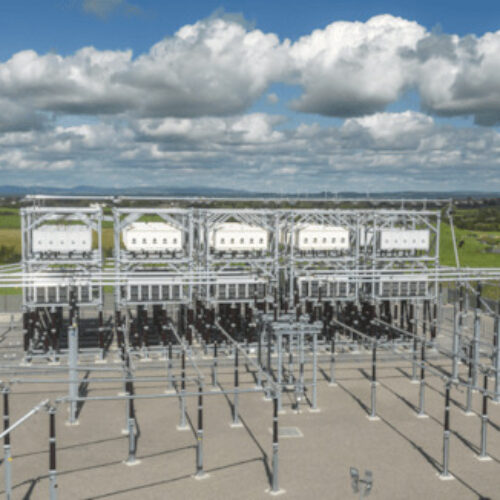Independent utility Tonik Energy is to partner with battery storage manufacturer Powervault to trial a new ‘storage tariff’ in the UK market.
The collaboration will place domestic Powervault batteries in the homes of Tonik Energy customers with smart meters and place them on a tariff that incentivises them to charge during off-peak times and draw down from the battery when electricity is at its most expensive.
Tonik Energy said its aim was to halve customer bills by 2022 and that the trial with Powervault marked an “important step” towards it.
“The next decade is going to see huge change as homeowners get genuine insight into energy usage combined with access to smart, in-home, energy efficient technologies that will help you use less energy, access cheaper energy and generate your own energy.
“It is hugely exciting, therefore, to be collaborating with a like-minded company such as Powervault, who shares our ambition to be at the forefront of this move towards a more sustainable future,” Chris Russell, managing director at Tonik Energy, said.
Tonik is intending to use the pilot programme as a proof of concept for the storage tariff and is currently seeking expressions of interest from existing customers.
Joe Warren, managing director at Powervault, said implementing storage in such a fashion had the potential to cause customers to rethink the way electricity is generated and consumed.
“Historically, domestic energy storage has been associated primarily with the 900,000 UK homes equipped with solar panels, but a much larger market is starting to emerge, enabled by the smart meter rollout,” he added.
The Tonik Energy and Powervault trial is similar to other projects that have either taken place or are scheduled to take place in the UK energy market.
Centrica is currently seeking businesses in Cornwall to take part in a £19 million ‘virtual energy market place’ trial which will see SMEs given battery storage technologies to store and distribute electricity produced by local renewable generators.
And last year a so-called ‘sunshine tariff’ was trialled in Wadebridge which offered local residents a significantly cheaper tariff during peak solar PV generation hours, however a lack of participants led Western Power Distribution to conclude that load-shifting through time of use tariffs was not feasible at small scales.





